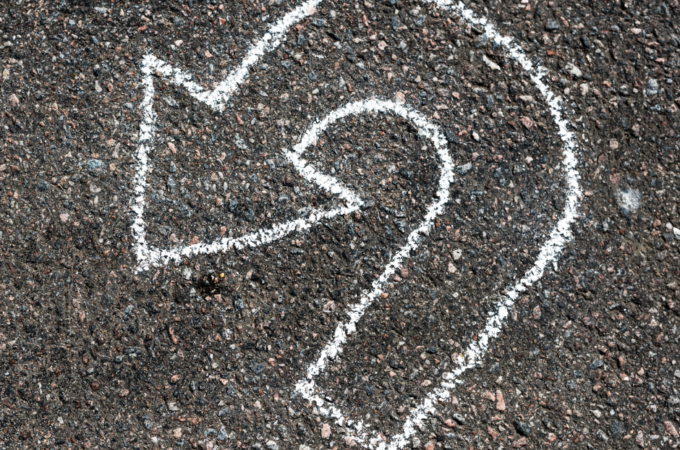In the United States, there is a light at the end of the tunnel. For the first time since the COVID-19 pandemic hit our shores, the future looks bright. Events are being scheduled, businesses are opening back up, more and more people are getting vaccinated, and transmission of the disease is finally dropping.
If you’re like most humans who just lived through a global pandemic, you’re probably more than ready to get some “normal” back into your everyday life. This is a typical reaction– living in fear, worry, and isolation has taken its toll.
Once the things around us start to look like our previous lives, it will be easy to fall back into how we lived previously. But, to put it bluntly, how we lived before wasn’t so great.
How We Lived Before
It may be difficult to remember since 2019 feels like it was 100 years ago, but take a trip with me down memory lane. Before the pandemic:
- On average, U.S employees only took half of their allotted vacation days.
- The average American household has 300,000 things in it– and a quarter of Americans who have two-car garages use them for storage.
- Americans spent $38 billion dollars on self-storage, with 6.5 square feet of storage for each American.
- U.S. houses tend to be among the biggest in the world.
- Americans overspent, on average, $7,400 per year, with a collected credit card debt of $1.1 trillion.
- Over the last few decades in the U.S., there has been a continuous widening of the inequality income gap between the haves and the have-nots.
In short, people in the U.S. tended to be overworked, in debt, living in bigger and bigger houses to hold more and more stuff, resorting to off-site storage when their stuff didn’t even fit in that bigger house, and watching certain folks get richer while the rest get poorer. We were living in a dystopian world brought into being by Americans literally buying into what consumer culture is selling us.
Don’t Get Sucked Back In
With everything opening back up, it’s going to be very easy to go back to the way things were. It feels comfortable and familiar, and it can be more difficult to turn around and live a different way.
But we need to remember that the way things were was not actually good. As a country, we have not been focused on what matters most. Instead, we have been living on a consumer culture treadmill that keeps us constantly dissatisfied and unhappy.
Here is the good news: we can repent and change our ways, with God’s help. “Repent” in the original Greek in the New Testament, metanoia, denotes a “turning around,” a change in heart and behavior. It means turning and going in a different direction than one was moving before. Jesus helps us in this turning around and offers us newness of life:
So if anyone is in Christ, there is a new creation: everything old has passed away; see, everything has become new!
2 Corinthians 5:17
We have a unique opportunity coming out of the pandemic to turn around and go in a different direction. We have a clean slate. We do not have to go back to the way things were. We can choose differently. We can choose:
- Rest, renewal, and Sabbath time
- Intentional buying and consumption
- Focusing on what’s most important rather than the accumulation of material possessions, wealth, fame, or success
- Working to narrow the income gap between rich and poor, advocating for better wages and working environments
- Keeping our lives free of physical, emotional, mental, and spiritual clutter
Jesus offers us newness every day; we are invited to turn around and take a different path than the path we were on before. How can you take this clean slate opportunity to turn around, simplify, and really focus on what matters most?
Did you like this post? Check out the Christian Minimalism book!


0 Comments